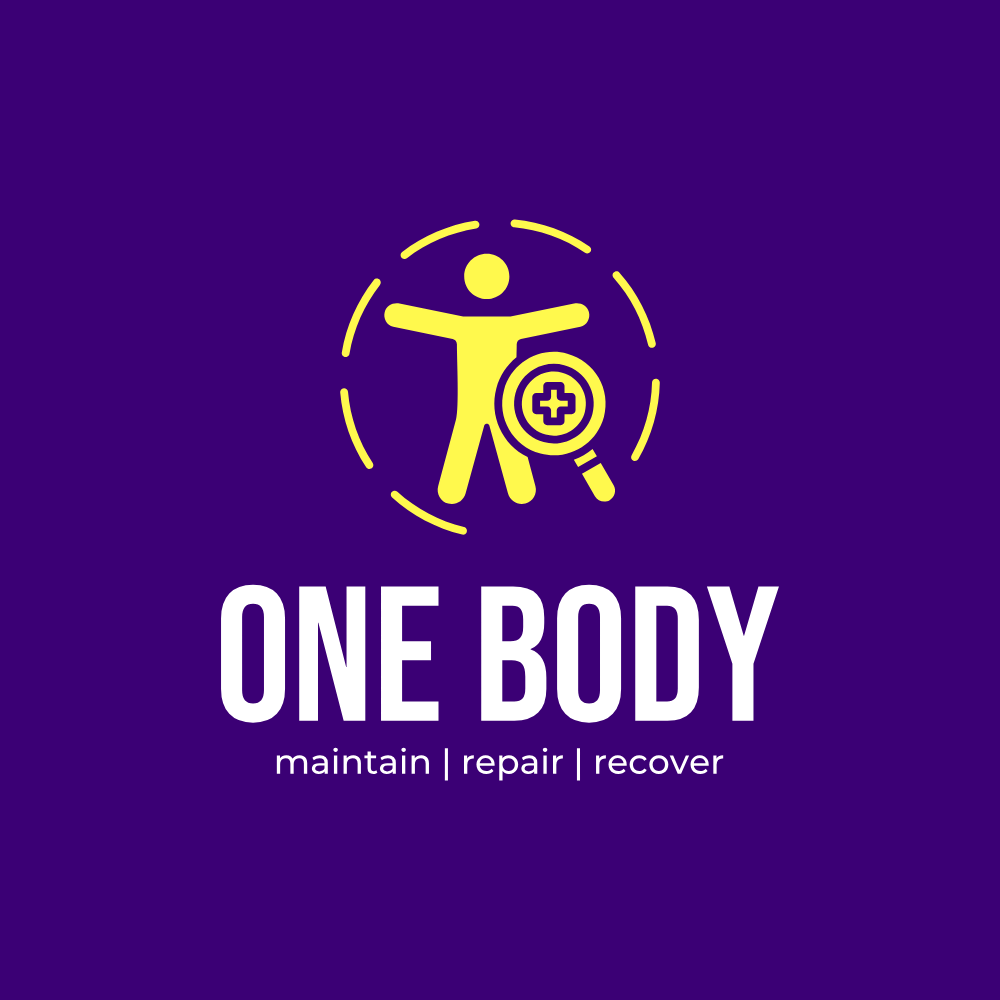Fueling Recovery: Simple Nutrition Tips for Active Lifestyles & how to still include the sweet treats and cravings💪
As a sports therapist, I see every day how important recovery is — and nutrition plays a huge role in that process.
Here are a few general tips to support your body:
🍽️ Eat a balanced plate: Aim for a mix of lean protein, complex carbs, and colourful vegetables.
💧 Hydrate well: Water is crucial for muscle recovery and joint health.
🥜 Include healthy fats: Sources like avocado, nuts, and oily fish support inflammation control.
⏰ Timing matters: Refuelling after exercise can help speed up recovery.
🍸 Lower-Calorie Drink & Snack Options (General Guidance)
⚠️ Alcohol and sugary foods can affect recovery, energy, and sleep. If you choose to have them, these are some options that are generally considered lighter or lower in sugar and calories:
Alcoholic Drinks (when consumed in moderation):
Spirits such as vodka, gin, tequila, rum, or whiskey with soda water + lime (~65–70 cal per shot).
Dry wine (red/white) (~120 cal per glass, lower sugar if labelled “dry” or “brut”).
Light beer (~90–100 cal per bottle, fewer carbs).
Hard seltzers (~90–100 cal, low sugar).
Cocktails made with soda water and fresh fruit instead of syrups or mixers.
❌ Drinks that tend to be higher in sugar and calories include cider, creamy liqueurs, sweet cocktails (e.g. piña colada, daiquiri), and alcopops.
Sweet Options (lower sugar alternatives):
Dark chocolate (85%+) for less sugar and more magnesium.
Protein bars (look for options with under 2–3g sugar).
Fresh fruit (e.g. frozen grapes, apple slices with nut butter, baked cinnamon apples).
Low-sugar jellies or gummies (in moderation).
Homemade snacks (protein balls or brownies made with oats, nut butter, protein powder, cocoa).
❌ Packaged candy, pastries, donuts, and similar products are typically higher in sugar and less recovery-friendly.
Carbohydrate Sources (generally nutrient-dense):
Quinoa (also contains protein and magnesium).
Sweet potato (slow-releasing energy).
Brown or wild rice.
Oats.
Wholegrain sourdough or rye bread.
Legumes (lentils, chickpeas, beans).
Fruits like berries, apples, pears (lower sugar compared to some tropical fruits).
👉 Pairing carbs with a source of protein or healthy fat (e.g. quinoa + salmon + avocado) can help with steady energy.
✅ These are general tips and not a substitute for personalised dietary advice. For tailored nutrition guidance, it’s best to consult a registered nutritionist or dietitian.
#SportsTherapy #RecoveryTips #HealthyLifestyle #MovementAndRecoveryonForAthletes

